Are We Really Living in 1984? Truth, Eyes, and My Favorite Quotes from 1984 by George Orwell.
Folks cite the novel 1984 as predicting our current state affairs, but is that true? Let's take a deeper look.
“The best books are those that tell you what you already know in a better way.” — George Orwell, 1984
The classic novel 1984 by George Orwell is perhaps the most-cited fiction book in our current political discourse, referenced by both sides of the aisle.
For example, World Press Freedom Day, and the UN, which sponsors the day, ran a campaign specifically focused on “Journalism Under Digital Siege,” with a graphic that harkens to various covers of 1984, almost all of which feature watchful eyes.
The left protests the term “Fake News” as an Orwellian “DoubleThink” strategy deployed by the right to condemn left-leaning publications and their attempts to shape narratives. DoubleThink is a political oxymororn and means accepting two mutually contradictory beliefs as correct.
Conversely, on the right, last week, 1984 trended on Twitter in response to the U.S. Department of Homeland Security’s declaration of the formation of the “Disinformation Governance Board,” during a budget meeting, which many criticized for being a modern “Ministry of Truth.”
The Republican Governor of Florida, Ron DeSantis, led the critique, referencing 1984, and tweeting a video about The Ministry of Truth which got over a million views. Also in response, a Twitter parody account of The Ministry of Truth sprung up with 200k+ followers.
By the end of the week, it seemed like every political figure was tweeting something about 1984, pretty good for a book published seventy-three years ago, and written by a man suffering from serious tuberculosis.
Now, I will not go any deeper into U.S. partisan specifics, but, since I just finished reading 1984 for the first time, I thought I’d share my views on what 1984 gets right, and what it gets wrong, in regard to the present day.
1984’s Ministry of Truth
“Reality is inside the skull.” — George Orwell, 1984.
In 1984, the main character in the novel, Winston Smith, works for the Ministry of Truth, a government body that generates and maintains history, truth, and facts through a massive propaganda machine administered by workers like Smith who receive, change, and distribute truth through “memory holes,” a system of individual information inputs connected by tubes.
Though Orwell didn’t have a computer back in 1949, the memory holes/tubes are like media, social media, and the internet combined.
Smith is threatened and harmed by the Ministry of Truth, and through Smith’s eyes, we learn about many other new words in Orwell’s dystopian world, like NewsSpeak, The Thought Police, CrimeThink, and Big Brother.
Newspeak, Fake News, and “Earned Media”
“Our chief job is inventing new words.” - George Orwell, 1984
In examining how the concepts introduced in Orwell’s worldbuilding apply to the present, let’s start with the concept of panegyric - meaning a speech or published text in praise of someone or something. Orwell didn’t invent this word, but he uses it in the book, and it’s an apt beginning for investigating 1984’s concept of Newspeak. Much of the news we read/watch/listen to today, is actually a panegyric—media in praise of something, be it a political ideology, a product, or a person.
In a study by Cal Tech on PR vs Journalism, 86% of the news was found to be PR, meaning it was crafted by a public relations firm or publicist. People in the PR and news industry euphemistically refer to this type of news, which is in fact marketing, as “Earned Media,” and journalists interviewed in another study said 80% of their journalism was influenced by a PR firm.
Earned media is the real fake news and the powerful panegyric of our times— money to shape truth, aka spin. It’s an ever-growing part of the news landscape, and this is nothing new, we’ve had spin doctors for ages. What’s different now is the scale and reach, the torque and speed of the spin.
With the technological developments of AI writing tools, Twitter, bots, social media, sensationalizing algorithms, clickbait, and PR distribution applications, we indeed have a version of Orwell’s memory hole— shove information in, polish it how you like, and shoot it back out as recorded fact.
Yet, while Orwell portrays a world where a centralized government completely controls the memory tubes, at present, we have a much more complex system for crafting truth.
At present, our Ministry of Truth isn’t a single government body like the Disinformation Governance Board. A single board can’t possibly keep up with the private sector. Rather we have a system of collusion between large corporations, political parties, and news media companies. The system’s rail line is earned media and the internet. Our Ministry of Truth is more like the Media Industrial Complex, or the fifth estate.
Orwell also introduces the term, Newspeak, a product of the Ministry of Truth which seeks to condense and limit language. While we might be tempted to correlate this to fake news, it’s more like “Cancel Culture” in the novel, if the government controlled all cancel culture.
In contrast to Orwell’s vision, I’d argue that private companies and influencers, via free and earned media, construct cancel culture (Newspeak) as a means to profit from and control others; then society and the government amplify the cancel messages in an unending circle-jerk like a snake eating its tail (or tale, in this case). Single individuals usually initiate the “cancel” action, AKA the Newspeak, and then the mob amplifies and enforces it, often with government support or political party pressure.
The aim of news, earned media, marketing, and Newspeak is to narrow your range of thought. Instead of thinking of all shampoo, you think of one brand. Instead of thinking of many solutions to problems, you think of one political party. Instead of criticizing all news channels, you blame CNN or Fox News, etc, etc.
“We are different from all the rulers of the past in that we know what we are doing.” — George Orwell, 1984
Crimethink, another term introduced in the book, meaning thinking in a way that is outside of the established truth and is, therefore, a crime worthy of punishment, is also embodied in cancel culture, and in some places, like Canada, this is termed as state-policed “Hate Speech,” punishable in court, or even labeled domestic terrorism. Not to say that domestic terrorism and hate speech don’t exist, but some use the label to cover what is essentially Orwell’s idea of Crimethink. The “Thought Police” manage and penalize CrimeThink.
“It’s a beautiful thing, the destruction of words.” — George Orwell, 1984
In the novel, another function of the Thought Police, Crimethink, and Newspeak is to shrink the English language. However, while we may accuse current trends in speech, or shifts in language, sometimes enforced by cancel culture, as limiting, the English language is actually expanding.
While we’ve limited single words like the N-word, we’ve added far more new words than we’ve removed old ones. Our standard dictionary is growing, not shrinking.
Orwell also crafts the original concept of Big Brother in the novel, the ever-watching government with only our best interest at heart... of course. This is something Orwell correctly predicts. Whether it’s NSA surveillance of citizens, police surveillance, or us watching and canceling each other, we’re all way more monitored than in 1949. Yet, despite increased surveillance, there are actually more diverse views expressed freely today than ever before, at least in the United States.
The book also correctly predicts the continued struggle for power and dominance between three large superpowers: the west/US vs China vs Russia, but he predicts incorrectly that Europe will side with Russia. Rather, Europe has merged with the US in a political alliance.
Orwell is again correct in his depiction of the over-bureaucratization of society, where the government has expanded so as to meddle with every aspect of life, and where no one makes choices without government approval even on basic matters like health, relationships, education, and food.
Self-reliance is replaced by government dependence and subsidy, as Orwell predicted. We even seem to need the government to verify truth itself. The government controls who can operate businesses and who can earn salaries, defining some businesses as suspendable and others as essential, another 1984 prediction turned into reality.
“If you want a picture of the future, imagine a boot stamping on a human face—forever.” — George Orwell, 1984.
The struggle for control of rhetoric by political parties remains in 1984 as in today, as does the political party’s desperate attempts to rule with more and more power over the nation.
Generation Dystopia
1984’s dystopian tone, with its lack of hope for the future and its emphasis on the meaningless nature of life, mirrors the post-modern view that meaning is only derived through social construction, often via systemic power structures or corporate or government propaganda, and is therefore not true, while at the same time desiring to construct this belief as THE ultimate truth—that the only one true truth is that all beliefs and ‘facts’ are relative and subjective, that there is no true truth.
In 1984, as history progresses, things are constantly getting worse and not better, a sentiment shared by millennials and GenZ, who may also subscribe to post-modernism or post-structuralism as their dominant worldview.
“All history was a palimpsest- scraped clean and reinscribed exactly as often as necessary.” — George Orwell, 1984
But in our modern western world of increased diversity, unmatched equality, total abundance, free-flowing information, easy travel, and better health outcomes, why are GenZ and the millennials so steeped in dome and gloom like Orwell’s novel?
If we had a time machine, most people currently alive would not elect to live in 1949, yet the youth of today seem to believe that everything is terrible… Is it because of climate change, economic recession, terrorism, and forever wars?
Or does the dystopian mood of the younger generations stem more from Newspeak than reality?
Kids use cell phones and tablets before learning to read. Since birth, GenZ has endured the blitz of earned media, AKA Newspeak. Like Orwell’s many ‘facts’ and pieces of rewritten history coursing down the memory tubes, or in our case, Youtube, we’re inundated with messages desiring to sell us products, or make us vote one way or another.
Through the tools of digital persuasion and ipads—words, music, and images— individuals and groups craft fear in the youth and elderly alike, yet another correct prediction of Orwell come true — that a multitude of screens simultaneously broadcasting and recording the truth will proliferate every space of our existence. In the book, he called them Telescreens; we call them cell phones, and boy, did he get that part right…
To conclude, here are a few more of my favorite quotes from 1984 by George Orwell:
Newspeak:
“Orthodoxy means not thinking—not needing to think. Orthodoxy is unconscious.”
“We create human nature.”
“Men are infinitely malleable.”
“We control matter because we control the mind.”
“No one dares trust a wife or a child or a friend any longer. But in the future, there will be no wives and no friends.”
Government:
“Power is not a means; it is an end. One does not establish a dictatorship in order to safeguard a revolution; one makes the revolution in order to establish a dictatorship. The object of persecution is persecution. The object of torture is torture. The object of power is power.”
“We are the priests of power.”
“God is power.”
“Power is collective.”
“Power is power over human beings.”
“Power is in tearing human minds to pieces and putting them together again in new shapes of your own choosing.”
“The old civilizations claimed that they were founded on love and justice. Ours is founded upon hatred.”
“There will be no loyalty, except loyalty toward the Party.”
War:
“By becoming continuous, war has ceased to exist.”
“Naturally, all the glory belonged to the victim and all the shame to the inquisitor who burned him.”
“We shall turn you into gas and pour you into the stratosphere.”

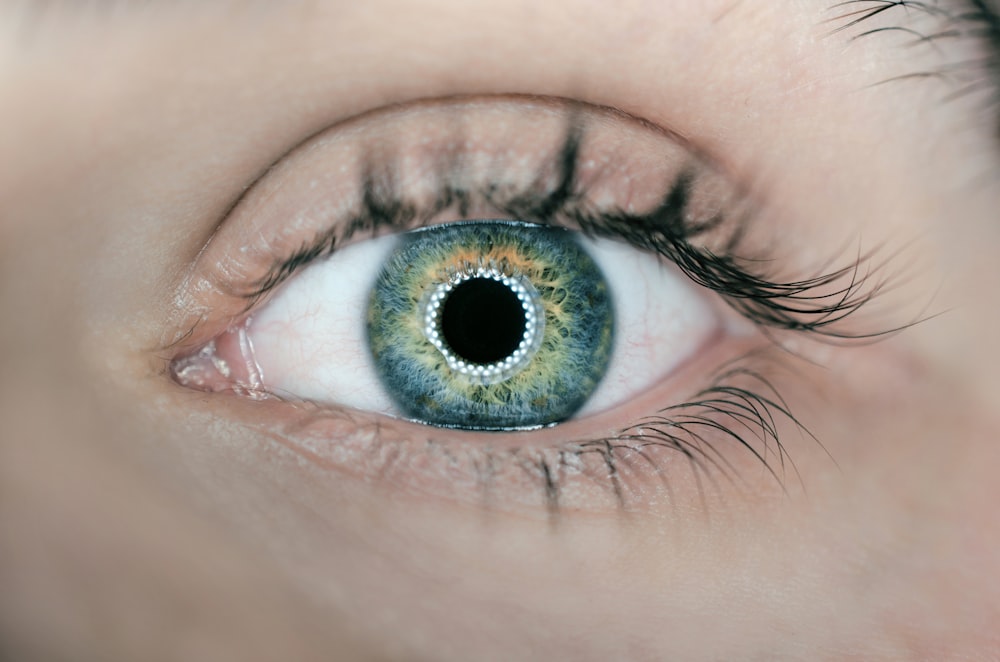


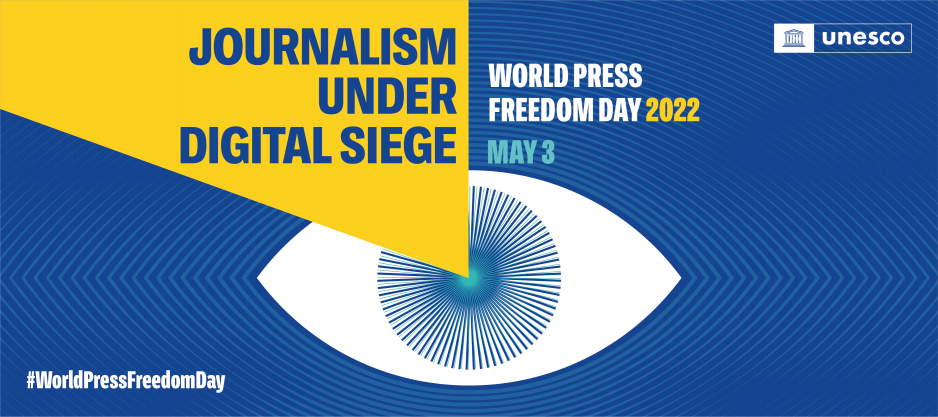


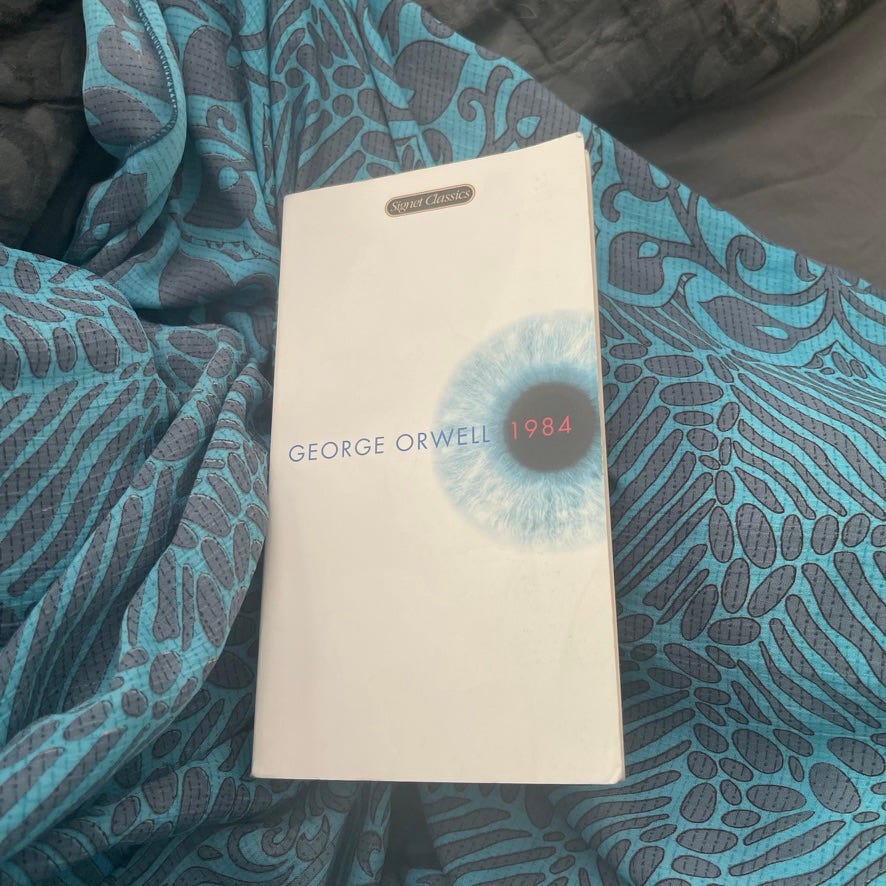
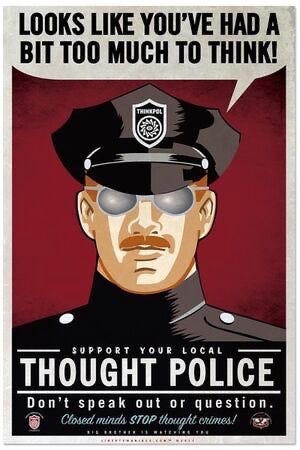
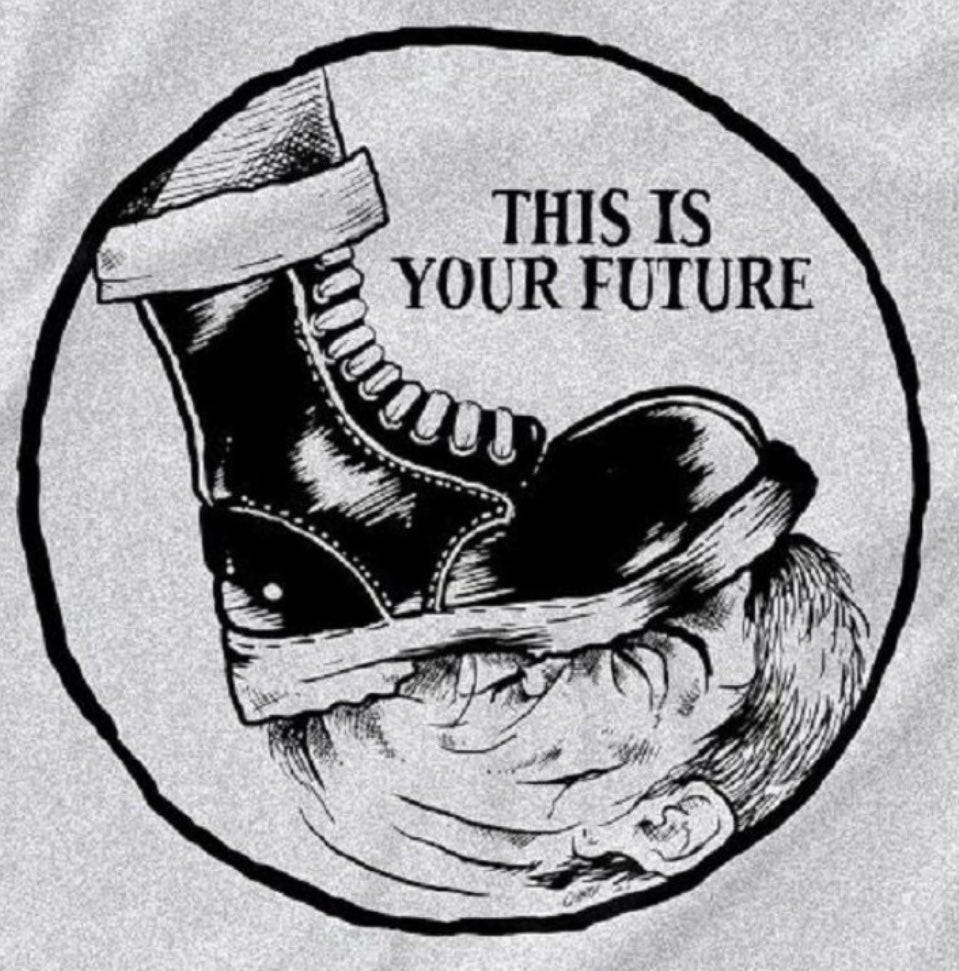
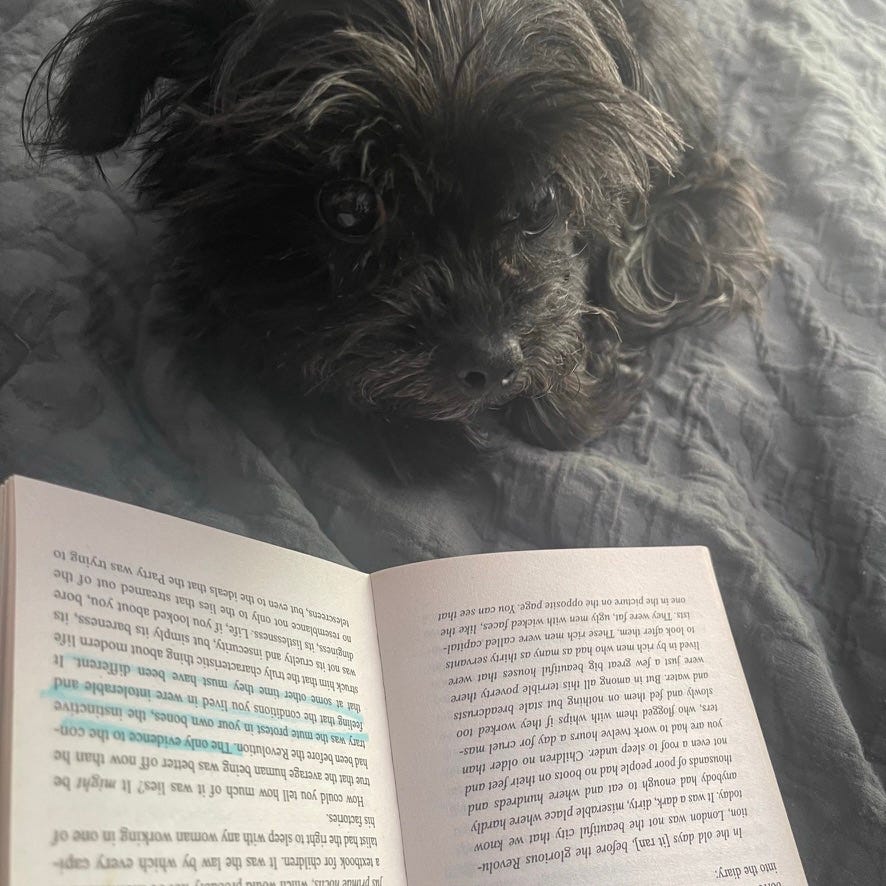
Thanks for sharing!